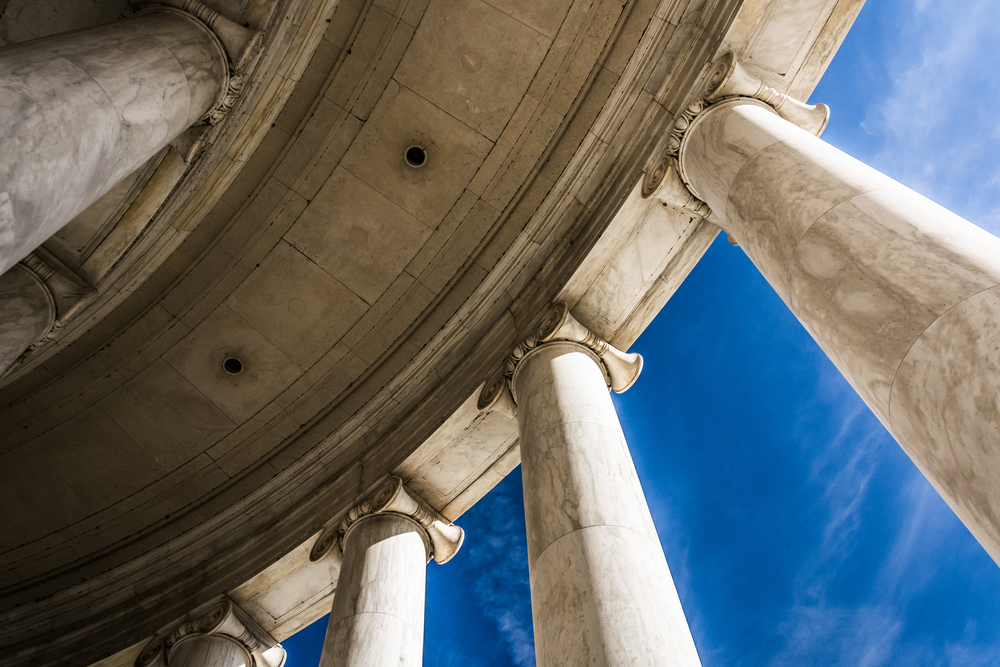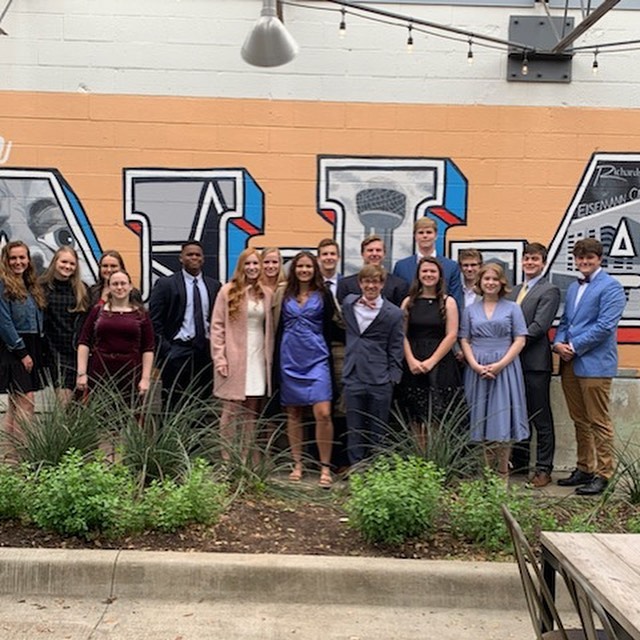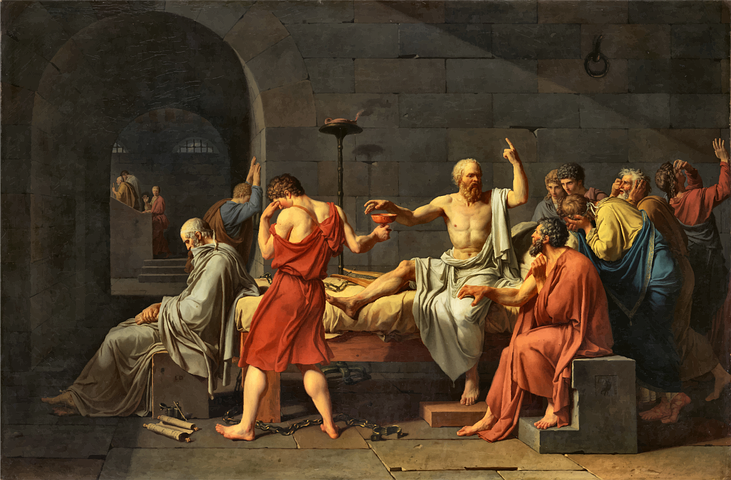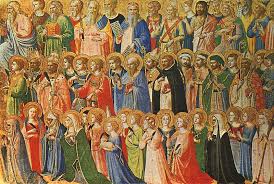On July 4, 1776, representatives to the Second Continental Congress signed their names to a little document Thomas Jefferson and a few of his esteemed colleagues penned, and the world hasn’t been the same since. The Declaration of Independence gave continuity and near unanimity to the thoughts that were already swirling in the heads of a couple million colonists chafing under British rule in the thirteen colonies along the eastern seaboard of what is today the United States of America. The Declaration served to organize the rebels in an official sort of way and make clear their intentions to the mother country that the colonists meant to be independent if King George intended to maintain the status quo they found so oppressive. He did.
Nearly twenty-five years ago a handful of Christian parents decided they wanted a better education for their children than what was available to them. Trinitas Christian School was born out of the initiative they took to solve that problem. All these years later, parents are still making Trinitas what it is. As we wind down a busy spring semester, filled with events led and staffed by volunteer parents, and head into the summer, it is good to pause here and thank our parents who make Trinitas possible.
Topics: Blog Posts, School Life, History, Parent Involvement
St. John Chrysostom, Archbishop of Constantinople, was a fourth-century Church father known for his powerful and eloquent preaching and public speaking. It was his skill in oratory that earned him the name, “Chrysostomos,” or “Golden-mouthed.” And just as gold is both precious and weighty, Chrysostom’s words were not only beautiful, but always employed in the pastoral service of salvation and social justice.
Topics: Blog Posts, School Life, History, Public Speaking
Trinitas has a long and tasty history with barbecue. You might even say it's an integral part of a Trinitas education! Back in the early days of the school, our founding headmaster’s father, Grampa Trotter, used his meat-smoking prowess to bring school families together for picnics and community-building events. Even Grandma Trotter pitched in with her famously delicious, but always secret sauce. Although the Trotter family has all passed on from our school, the tradition of sharing good barbecue with friends and family still remains, particularly in connection to the annual Trinitas Junior/Senior Aesthetics trip.
Topics: Blog Posts, School Life, History, Aesthetics Trip
What possible connection could there be between an ancient Greek teaching method, learning experienced shared by Trinitas students, and how intentional parents can train thoughtful children?
First the answer to the question and then an explanation. The connection is this: the pursuit and apprehension of Truth.
Topics: Blog Posts, History, Classical Education, Teaching
Trinitas has a long and tasty history with barbecue. You might even say it's an integral part of a Trinitas education! Back in the early days of the school, our founding headmaster, Ken Trotter’s father, Grandpa Trotter used his meat-smoking prowess to bring school families together for picnics and community-building events. Even Grandma Trotter pitched in with her famously delicious, but always secret sauce. Though the Trotter family has all passed on from our school, the tradition of sharing good barbecue with friends and family still remains - particularly in connection to the annual Trinitas Junior/Senior Aesthetics trip.
Topics: Blog Posts, School Life, History, Truth, Goodness, and Beauty, Aesthetics Trip
I have often joked that when my family and I began the adventure of Christian classical education nearly two decades ago, I thought we Americans had invented Christianity in the 17th century. And while that is a bit of an exaggeration, it is no stretch at all to say that I was largely ignorant of my true Christian heritage. I was ignorant of the history of the Church and of exactly what my baptism made me a member.
Like good Christians everywhere, I had read and was reading the Bible. I knew that Christ was the Cornerstone of the Church, that the Apostles were the first elders and missionaries and Church Council. I knew of the Holy Spirit falling in tongues of fire on those gathered on the day of Pentecost, about the appointing of deacons, about breaking bread from house to house, sharing goods among the brethren as each had need, and of Paul’s many journeys to establish and strengthen churches and his subsequent letter-writing to them. What happened between then and the Pilgrims coming to Plymouth, however, was a bit foggy.
Topics: Blog Posts, History, Christian Education, Christian Living
Throughout the ages Christian monks have cloistered to free themselves from the ungodly influence of the outside world. The seclusion and the freedom from the day-to-day rat race provided them increased opportunity for study and prayer that was not otherwise available. That tradition gave us some fine scholarly work in areas as diverse as Christian doctrine and agriculture. Indeed, Western Christian thought and heritage was preserved by such cloistering. In our age of mega schools and assembly line secular education, I want to suggest that Christian children can benefit from the cloister-like atmosphere at a small classical Christian school.
Topics: Blog Posts, History, Parenting, Christian Education, Christian Living








.jpeg)

